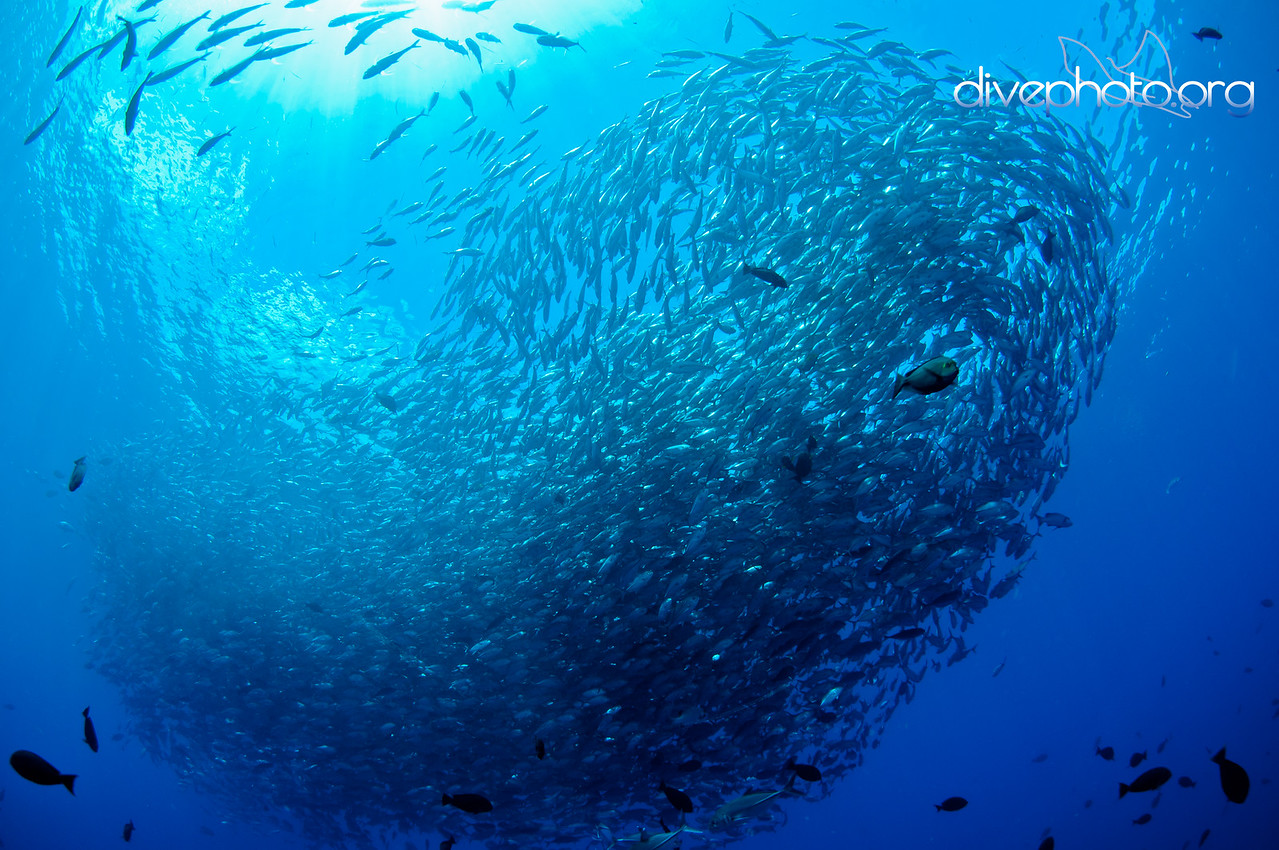Background
2021 marks the beginning of the United Nations’ Decade of Ocean Science for Sustainable Development. In this and many other ways, the world’s attention is turning toward the sea with growing recognition that humankind has managed to botch up even its unfathomable vastness. Plastic bags have been spotted almost 7 miles down at the bottom of the Mariana Trench; coral reefs simmering in warming seas are expelling their unicellular inhabitants and turning to bleached ghosts; swarms of fishing boats hundreds strong are congregating on vast schools of marine life and hoovering them up; and the exhaust of 8 billion human beings is turning the ocean water, the stuff of our blood and tears, into shell-dissolving brine.
It doesn’t have to be this way, and just maybe it won’t for long. For as harmful as humankind has been to the ocean, we are also trying, very hard in some cases, to mend our ways. Policymakers are haggling fiercely over which parts of the sea and how much to protect from nets and hooks and drills; inventors are coming up with gadgets that enable us to see and hear what’s going on out at sea like never before; fishers are disclosing more than ever about the provenance of their catches so eaters can pick fish wisely; and people are banding together to plant this patch of mangroves, clean that beach, give that patch of octopuses a break and a chance to reproduce.
There’s a lot going on in the ocean right now, and Mongabay is exploring it through a series of in-depth journalistic stories and videos. These will investigate innovative practices, policies and technologies in marine conservation, as well as threats to the environmental integrity of the ocean that undermine human wellbeing.

Image by: Greg Asner
Suggested story topics and guidelines
We welcome proposals from experienced journalists for conventional news stories, in-depth features, investigative reports, profiles, and case studies. We are open to stories about an array of topics in marine conservation and environmental science but are not looking for basic science news stories covering new scientific papers as our staff writers typically cover those. We will also consider proposals for fully edited and produced videos of up to 10 minutes in length. Mongabay is particularly interested in stories that are relevant to one of the following subjects, themes, or approaches:
– Surprising, underexposed, off-beat, extremely important stories about marine conservation and environmental science, on an array of subjects such as endangered species, marine animal behavior, pollution, novel uses of technology, international agreements governing the marine environment, marine protected areas.
– Stories related to the nexus of marine conservation and the fisheries industry, including efforts to reduce illegal, unregulated and unreported (IUU) fishing; the impact of fisheries on fish stocks or the marine environment. For more details visit the Global Fisheries or Indonesian Fisheries page.
– Nearshore or coastal solutions that attempt to mitigate climate change or aid humankind’s adaptation to it. For more details visit the Coastal Climate Solutions page.
– The actions and governance of maritime extractive industries, particularly seabed mining, and oil and gas development.
Opinion pieces, or commentaries, will not be considered for this project and are not paid opportunities. Please share commentary pitches using this form and refer to submission guidelines here.
Each story will be between 800 and 2,000 words in length and will include quotes from at least three original interviews. Authors will be expected to provide five to 10 publishable photos free for Mongabay’s use to accompany their articles, along with captions and photo credits.
Mongabay will negotiate all fees and contracts on a per-story basis. Completed stories will be paid on a per word or fixed fee basis, with rates depending primarily on the journalist’s experience. Mongabay.com publishes under an open Creative Commons license that allows for sharing, translation, and re-posting. More information on Mongabay’s editorial standards and practice can be found here.
How to submit your story pitch
To send Mongabay a pitch, please be prepared to also share your resume/portfolio along with three samples of your work. The story pitch should be roughly 500 words in length and include a title for the project. Viable pitches will clearly explain the specific subject you would like to write about in detail and your approach to covering it, and describe a few potential sources. If you are proposing a story that is led by video, please indicate that and include a short description of your video idea. Pitches for video-led stories should also include an expected shot list and interviews
Please review the complete guidelines on what to include in your pitch here: https://mongabay.org/programs/news/opportunities/
Please use the following form so that the information is directed to the most appropriate editors:
- Pitch a story to the Oceans team in English